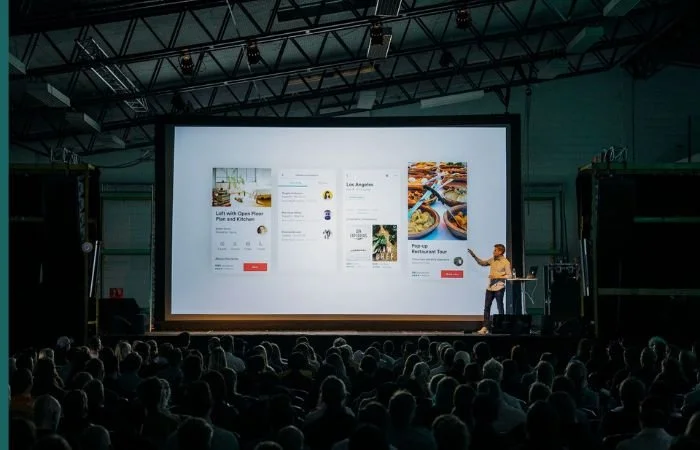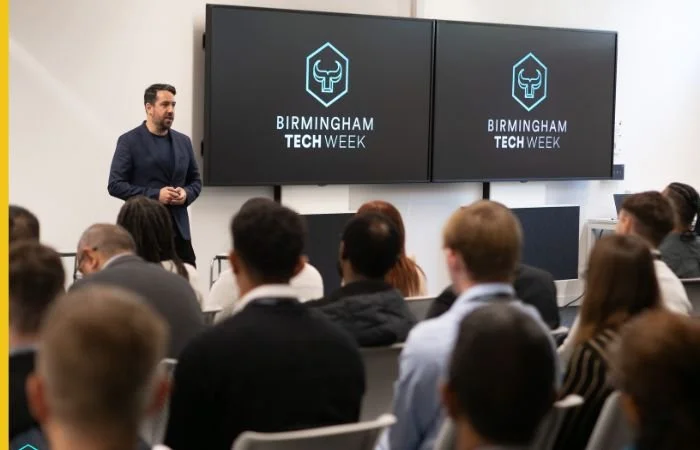How to Gain Market Share in a 500 Year Old Industry

Article by Ruth Nicholls, Director of Operations at Churchill Gowns.
Whilst long-established industries can be fraught with challenges and eccentricities, they are also ripe for disruption. Existing players will often have become complacent, failed to innovate and stopped putting their customers at the centre of their business. When Churchill Gowns entered the antiquated world of academic dress, the key to success was to use these failings to our advantage, by differentiating our message, listening to customers and always striving to offer them something better than the status quo.
Finding a Point of Differentiation
Whilst most start-ups race to be seen as the most cutting edge, in the world of academic dress that could easily be viewed as a disadvantage. Heritage is one thing you can’t really fake, and we know that a sense of tradition can be significant at graduation, especially for universities and proud parents! As a new entrant in this market, this has been a delicate balancing act for Churchill Gowns. On the one hand, it’s important to reassure customers that our products are identical to those produced 400 years ago and to have respect for the long-established rituals of a graduation. On the other hand, we know we have to offer students something new to set us apart from our competitors.
Whilst we recognised that tradition may come first for parents and universities, we banked on students having other priorities, which is where our ethical and environmental standpoint came into play. It’s no secret that young consumers are more ‘conscious’ than ever, so we felt that making our graduation gowns from recycled plastic and donating 10% of our profits to environmental and educational charities could be a more compelling selling point than being founded in the 17th Century! This has definitely been borne out by feedback from our customers, who express a sense of pride in graduating wearing recycled materials, and may be even more significant in the future as increasing pressure is placed on universities to make sustainability a priority. As a result we feel very fortunate that our ethics as a business have also proved to be commercially sound.
Taking on the Long-Established Competitors
As with any industry, taking on incumbents will always be a key challenge for new entrants. This was even more apparent when we founded Churchill Gowns, given that our competitors had been largely unchallenged for hundreds of years. We soon found that this was compounded by anti-competitive practices, such as offering universities commission if they tell students to only buy from one supplier and changing styles of academic dress to include trademarks. In fact the monopolistic practices in the industry became such an issue that they hit national headlines in 2017, after a complaint was made to the Competition and Markets Authority.
Slowly we’ve come to realise that the key to challenging this behaviour is not taking an aggressive position ourselves, but instead empowering students to assert their right to choose where their money is spent. We’ve already witnessed how effective this can be, as Glasgow Caledonian University this year dropped their graduation fees in response to student pressure. The first step has been to raise awareness of this issue among students, through engaging with student media, student societies and participating in discussions on social channels. Secondly, by being honest with our customers about the challenges we’ve faced and the benefits we want to offer them, we have turned them into advocates who are prepared to challenge their universities if they are pushed towards established suppliers.
The Personal Touch
It hasn’t all been disruption, however. There’s one part of our business where taking a more old-fashioned approach has trumped innovation: customer service. When we first launched the site we were overjoyed at the level of website traffic we were achieving, but disappointed with how few site visitors converted to customers. In a bid to find out what was turning site visitors off, we opened up all channels of communication we could think of: we installed an on-site chat function (that came through to our team, rather than a robot!), made our phone numbers public and engaged in dialogue with customers on social media. Immediately we discovered a recurring concern was that we were not a long-established supplier and we were able to take steps to address this, transforming our conversion data in a matter of weeks!
We suspected students were turning to their peers for advice and, by opening up communication, we were able to become that voice of reassurance and allay any concerns just at the point at which we would otherwise have lost the sale. If I was to offer one piece of advice to other new businesses it would be this: don’t hide behind your website! Remember your customers are human and, if they realise that you are too, that goes a long way to building a lasting relationship.







































































































